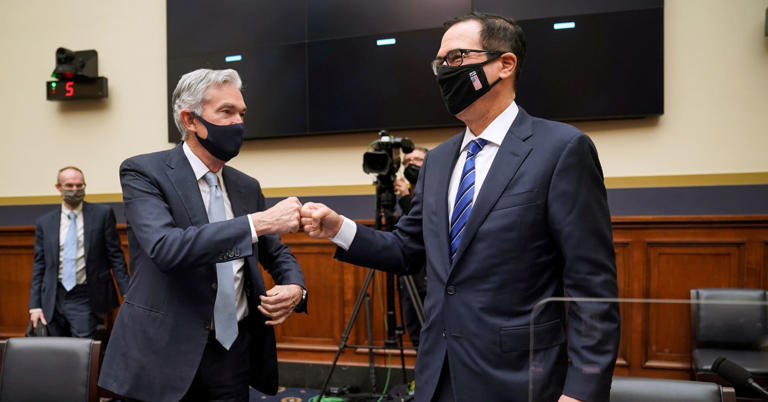Key Takeaways:
- New York Community Bank announced a $1 billion-plus injection, indicative of private equity firms aiding distressed American lenders.
- Such transactions emphasize speed and confidentiality, as per advisors and external experts.
- Steven Mnuchin directly approached NYCB to offer support amid reports of the bank’s challenges.
The recent $1 billion-plus injection into New York Community Bank (NYCB) marks another instance of private equity firms stepping in to assist distressed American lenders. Spearheaded by $450 million from Liberty Strategic Capital, led by former Treasury Secretary Steven Mnuchin, a consortium of private investors is infusing fresh capital into NYCB. This move has allayed concerns regarding the bank’s financial health, with NYCB’s shares rebounding after experiencing a sharp decline earlier in the day.
Similar initiatives in the banking sector, such as Banc of California’s acquisition of PacWest and the merger between FirstSun Capital and HomeStreet, have seen substantial financial support from private equity players like Warburg Pincus, Centerbridge Partners, and Wellington Management.
Speed and discretion are paramount in such transactions, as highlighted by advisors and industry experts. While public market offerings could potentially provide cheaper capital, they are often deemed too sluggish for urgent capital raises, especially in sensitive environments. Steven Kelly of the Yale Program on Financial Stability noted that public markets are better suited for IPOs rather than swift capital injections needed to address immediate financial challenges.
Moreover, the public disclosure of a bank’s capital-raising efforts before the deal’s closure could trigger intense market speculation and pressure on its stock performance. The case of Silicon Valley Bank serves as a cautionary tale, as its funding efforts last year coincided with significant stock decline, signaling distress for the institution.
The NYCB transaction illustrates the importance of confidentiality in navigating such financial maneuvers. By conducting negotiations privately, banks can avoid premature market reactions and maintain stability during the capital-raising process.
